Representatives: Sylvie LAPÈGUE and Patrice GUILLOTREAU
context
The continuous increase in demand for seafood since 1950 has generated a prodigious boom in world fishing, which has resulted in a sharp rise in catches (from 20MT to 90MT between 1950 and 1995), but also in fishing effort. For almost 30 years, the global fishing effort has continued to increase, while catches have stagnated, generating more and more overexploitation situations (despite improvements in some ocean areas). Currently 33% of populations are overexploited, 60% are fully exploited and only 7% remain under-exploited, leaving little scope for fisheries expansion. The only options to meet the growing demand for seafood are therefore to rebuild overexploited stocks and to develop aquaculture, a sector which is strongly supported by the EU. The challenge for this sector is to implement a sector that integrates ecological, social, economic and institutional perspectives for a sustainable use of natural resources. In other words, this implies reducing farm rejects, developing new processes, such as new generation recirculation systems and multi-trophic systems, as well as improving the adaptation and welfare of animals to these processes.
Fisheries and aquaculture are two sectors that have a strong impact on marine ecosystems and, to be sustainable, must therefore be developed within an ecosystem approach in order to ensure food security while preserving the integrity and resilience of the organisms and ecosystems they exploit.
Fisheries and aquaculture are two sectors that have a strong impact on marine ecosystems and, to be sustainable, must therefore be developed within an ecosystem approach in order to ensure food security while preserving the integrity and resilience of the organisms and ecosystems they exploit.
CHALLENGES
• Challenge 1: Contribute to food security while reducing the ecological and evolutionary footprint of fisheries by promoting management measures that support the resilience of exploited ecosystems and reduce by-catch of vulnerable species
• Challenge 2: Develop scientific monitoring of fisheries populations
• Challenge 3: Improve equity of access to living natural resources (artisanal vs. industrial fisheries, food vs. mineral fisheries, etc.)
• Challenge 4: Contribute to food security while reducing the ecological and evolutionary footprint of aquaculture on marine biodiversity by reducing and enhancing discards through bioremediation or ecological intensification
• Challenge 5: Promote sustainable aquaculture that respects animal welfare (selection of health and productivity traits, improvement of physiological conditions, etc.)
• Challenge 6: Study the interactions between fishing and aquaculture
• Challenge 2: Develop scientific monitoring of fisheries populations
• Challenge 3: Improve equity of access to living natural resources (artisanal vs. industrial fisheries, food vs. mineral fisheries, etc.)
• Challenge 4: Contribute to food security while reducing the ecological and evolutionary footprint of aquaculture on marine biodiversity by reducing and enhancing discards through bioremediation or ecological intensification
• Challenge 5: Promote sustainable aquaculture that respects animal welfare (selection of health and productivity traits, improvement of physiological conditions, etc.)
• Challenge 6: Study the interactions between fishing and aquaculture
